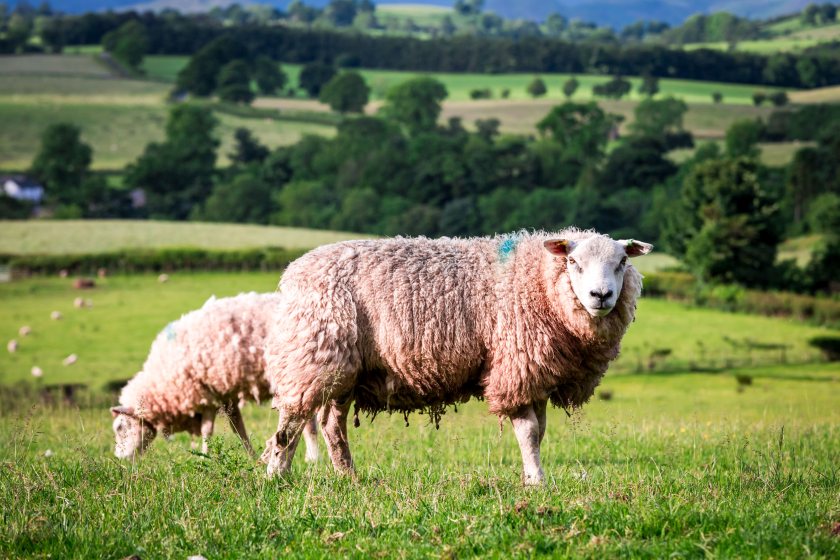
A liver fluke warning has been issued for cattle and sheep farms as veterinary groups warn of a smaller range in treatment options due to the discontinuation of an important flukicide.
The NADIS Liver Fluke Forecast, based on the latest Met Office rainfall and temperature data, suggests a generally low risk this autumn for most parts of the country.
However, there are indications of a moderate risk in some parts of the west of the UK, including Western Scotland and Northern Ireland.
There is also the possibility of a higher risk where animals are forced to graze areas where snails are present.
But treating liver fluke has been further complicated by the discontinuation of the flukicide Trodax, industry groups have warned, meaning there are now only four actives authorised in the UK.
The Sustainable Control of Parasites in Sheep (SCOPS) and Control of Cattle Parasites Sustainably (COWS) groups have called on farmers to test to avoid treating unnecessarily or being caught out.
Speaking on behalf of both groups, Philip Skuce of the Moredun Research Institute said: “Using lambs and calves born this spring as sentinels for fluke infection in the West of Scotland, we have seen a significant proportion of both serum antibody and coproantigen tests come back positive.
"This suggests some animals encountered a fluke challenge as early as mid-July. This may seem odd in such a dry year, but many farms rely on field springs and streams to provide water for grazing stock, which can lead to permanent wet patches where the mud snails can persist.
"This is supported by negative test results for a group supplied by a water trough,” Mr Skuce said.
Matt Colston, a vet with Elanco Animal Health, added that it was imperative for farmers to use the tests available to monitor the fluke situation on their farms.
"We can’t just make assumptions based on general forecasts or previous history. Each farm needs to know if treatment is required, when to do it and what product to use," he said.
The injectable anthelmintic (nitroxynil), manufactured by Boehringer-Ingelheim, was licensed for use in sheep and cattle in the UK with activity against liver fluke from immature through to adult stages.
It was seen as valuable because of its spectrum of activity and because it was a different chemical class to the other flukicides, allowing a strategic rotation of products.
The withdrawal of Trodax from the market means there are now only four actives authorised in the UK and available for sheep – and two of those are adulticides that only kill adult fluke. There are five actives in cattle, three of which are adulticides.
Rebecca Mearns, Sheep Veterinary Society President, said: “To minimise the extra pressure on the only two actives that can kill immature fluke, we need to be more careful than ever to make informed decisions about timing of treatment and product choice.
"There are good diagnostic tests available and we urge livestock farmers to consult their vet or adviser to decide how best to investigate whether fluke is present and what actions, if any, to take.”
There are other flukicides with nitroxynil as the active ingredient available outside the UK, according to SCOPS and COWS.
It may be possible for vets to import these under a Special Import Certificate (SIC) obtained from the Veterinary Medicines Directorate (VMD) in accordance with their clinical assessment.
